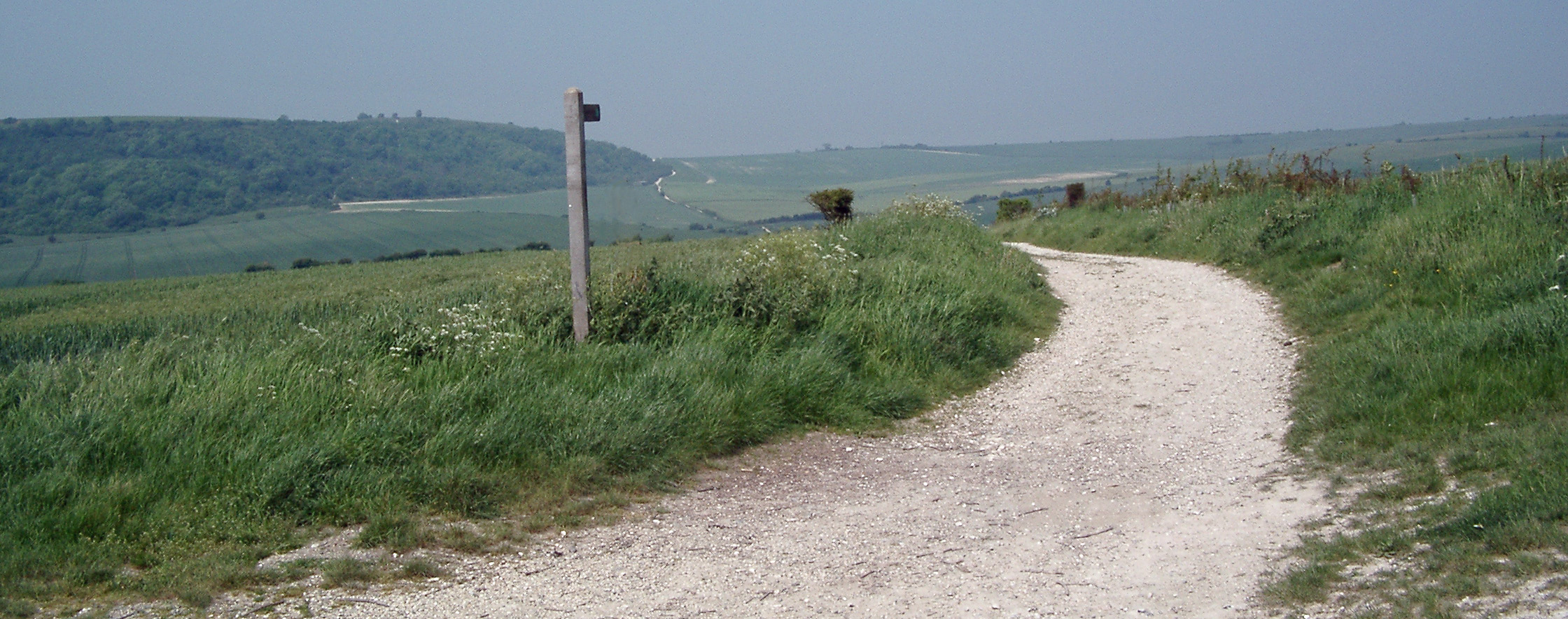Fairtongue
Natively known as: Sfuru
Fairtongue (as it is referred to by English speakers), or Sfuru to it's speakers, is the language spoken by the Fae in the British Isles. In their dealings with humans they prefer to use English and limit humans knowledge of the language. Few humans gain any significant proficiency in it but those that do are treated with a higher level of respect and greater trust.Phonology
| ↓Manner/Place→ | Bilabial | Labiodental | Dental | Alveolar | Palato-alveolar | Palatal | Velar | Labio-velar | Glottal |
|---|---|---|---|---|---|---|---|---|---|
| Nasal | m | n | ŋ | ||||||
| Stop | p b | t d | k g | ||||||
| Affricate | ʧ ʤ | ||||||||
| Fricative | f v | θ ð | s z | ʃ | h | ||||
| Approximant | ɹ | j | ʍ w | ||||||
| Lateral approximant | l |
Vowel inventory: /aɪ aʊ eɪ i u æ ɑ ɔɪ ɛ ɪ ʊ ʌ/
Diphthongs: aɪ, aʊ, eɪ, ɔɪ
| Front | Back | |
|---|---|---|
| High | i | u |
| Near-high | ɪ | ʊ |
| Low-mid | ɛ | ʌ |
| Near-low | æ | |
| Low | ɑ |
Morphology
Word initial consonants: b, bɹ, d, dj, f, fj, fɹ, g, gɹ, h, j, k, kj, kw, kɹ, l, m, n, nj, p, pl, pɹ, s, sm, sp, st, t, tɹ, v, w, ð, ɹ, ʃ, ʍ, ʤ, ʧ, θ, θɹ
Mid-word consonants[pg]: b, bl, d, f, ft, fɹ, g, h, k, l, ldɹ, lm, ls, lw, lɹ, m, mb, ms, mθ, n, nd, ndɹ, nl, ns, nt, ntɹ, nɹ, p, pl, s, st, sʧ, t, ts, tw, v, w, z, zn, ð, ŋgl, ɹ, ʧ, θ
Word final consonants: b, d, dz, f, ft, g, k, ks, kst, kt, l, ld, lf, lp, lt, lvz, m, md, mz, n, nd, ndz, nst, nt, nz, nʧ, p, ps, pt, s, skt, st, t, ts, v, vd, z, ð, ŋ, ŋk, ŋz, ɹ, ʃ, ʤ, ʧ, θ
Syntax
"Mary opened the door with a key" turns into Mary opened the door with a key.
Adjective order: Adjectives are positioned before the noun.
Noun
| Singular | No affix
umsiks> /umˈsiks/ |
| Plural (few) | Suffix -su
umsikssu> /umˌsiksˈsu/ |
| Plural (many) | Suffix -ja
umsiksja> /umˌsiks'ʒa/ |
Pronouns
| 1st singular | kâ> /kɑ/
I, me |
| 2nd singular | frû> /fɹʌ/
you |
| 3rd singular masc | fyî> /fjɪ/
he, him, it |
| 3rd singular fem | plaz> /plæz/
she, her, it |
| 1st plural | thrɔîm> /θɹɔɪm/
we, us (include you) |
| 1st plural | shrung> /ʃɹuŋ/
we, us (exclude you) |
| 2nd plural | ru> /ɹu/
you (all) |
| 3rd plural | dyaî> /djaɪ/
they, them |
Articles
| Definite | plast> /plæst/
the |
| Indefinite | ston> /stʊn/
a, some |
Possessive determiners
| 1st singular | brî> /bɹɪ/
my |
| 2nd singular | frop> /fɹʊp/
your |
| 3rd singular masc | pla> /plæ/
his, its |
| 3rd singular fem | fi> /fi/
her, its |
| 1st plural | lû> /lʌ/
our (include your) |
| 1st plural | klàj> /klɑʤ/
our (exclude your) |
| 2nd plural | â> /ɑ/
your |
| 3rd plural | kâs> /kɑs/
their |
Dictionary
| Pronunciation | Spelling |
|---|---|
| aɪ | ie> |
| aʊ | ou> |
| eɪ | ay> |
| j | y> |
| æ | a> |
| ð | dh> |
| ŋ | ng> |
| ɑ | â> |
| ɔɪ | oi> |
| ɛ | e> |
| ɪ | î> |
| ɹ | r> |
| ʃ | sh> |
| ʊ | o> |
| ʌ | û> |
| ʤ | j> |
| ʧ | ch> |
| θ | th> |
Derivational morphology
Adjective → adverb = Suffix -ɑ
Adjective → noun (the quality of being [adj]) = Suffix -aɪ
Adjective → verb (to make something [adj]) = Suffix -ɑl
Noun → adjective (having the quality of [noun]) = If ends with vowel: Suffix -l
Else: Suffix -ɔɪl
Noun → adjective relating to noun (e.g. economy → economic) = Suffix -eɪb
Noun → verb (to create [noun]) = Suffix -ɑndz
Verb → adjective (result of doing [verb]) = If ends with vowel: Suffix -znu
Else: Suffix -eɪznu
Verb → adjective (likely to do [verb]) = Suffix -ɛkt
Verb → noun (the act of [verb]) = If ends with vowel: Suffix -ŋz
Else: Suffix -ʌŋz
Verb → noun that verb physically produces (e.g. build → building) = Suffix -ʊ
One who [verb]s (e.g. paint → painter) = If ends with vowel: Suffix -nd
Else: Suffix -aʊnd
Place of (e.g. wine → winery) = Suffix -eɪt
Diminutive = If ends with vowel: Suffix -bæ
Else: Suffix -ɔɪbæ
Augmentative = Suffix -æŋ
Verbs
Future tense is indicated with one of the following words:
| Near future particle | si> /si/
near future tense particle |
| Far future particle | sti> /sti/
far future tense particle |
The far future may also be used to indicate that the activity is uncertain or uunlikely.
| Present | No affix
kyantaove> /kjæntaʊˈvɛ/ |
| Past | If ends with vowel: Suffix -nz
Else: Suffix -ɪnz kyantaovenz> /kjæntaʊˈvɛnz/ |
| Remote past | Suffix -if
kyantaoveif> /kjænˌtaʊvɛˈif/ |



Comments